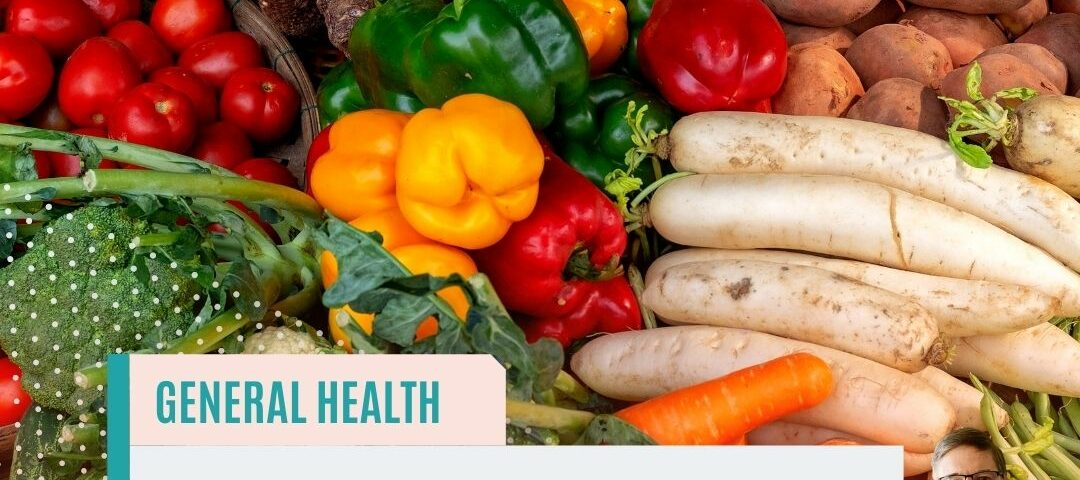Study: Vegetarian diets appear to be healthy for growing children

Study compares COVID-19 cognitive effects to 20 years of natural brain aging
May 9, 2022
Long COVID – Another reason for the vaccine instead of natural infection
May 11, 2022HealthDay reports, “Vegetarian diets are a healthy choice for growing kids – though they may slightly raise the odds of youngsters being underweight, a … study suggests.”
The investigators found that overall, “children on meat-free diets were similar to peers as far as growth, weight, and blood levels of iron, vitamin D and cholesterol.”
The findings – published in the journal Pediatrics – revealed that “the only difference was in the risk of being underweight: About 6% of vegetarian kids were underweight, versus roughly 3% of their meat-eating peers.”
The researchers found that cow’s milk may increase serum lipid levels in both diets.
© Copyright WLL, INC. 2022. This blog provides healthcare tips and advice that you can trust about a wide variety of general health information only and is not intended to be a substitute for professional medical advice, diagnosis, or treatment from your regular physician. If you are concerned about your health, take what you learn from this blog and meet with your personal doctor to discuss your concerns.



2 Comments
If 1000 mg can contribute to cataracts, then why the standard recommendation to take 2000 mg?
Hello Danae,
Thanks for writing. I suspect you’re writing about the vitamin C blog of 05/08/2022 on “Too much vitamin C potentially dangerous,” (and not the blog on vegetarian diets for kids). If that’s correct, then you’ve asked a great question. I can see how my vitamin C blog might be confusing. Let me try to explain:
The FDA’s determination of the “Tolerable Upper Intake Level” of any substance is based upon their determination of “the maximum daily amount likely to be safe for the vast majority of healthy people.” But, of course, that does NOT mean higher doses are safe for all people.
Obviously, every substance (food, medications, over-the-counter meds), including natural medicines (herbs, vitamins, and supplements) has potential benefits and also potential risks. And, in general, the higher the dose, the more potential risks.
For example, with vitamin C, the most commonly reported adverse effects are abdominal cramps, esophagitis, heartburn, headache, osmotic diarrhea, nausea, and vomiting — and adverse effects are more likely to occur at doses above the tolerable upper intake level of 2000 mg a day. However, some adverse effects, like kidney stones and cataracts can occur at doses below 2000 mg a day.
Kidney stones have been reported in those prone to kidney stones at doses of 1000 mg a day. As far as cataracts, I think I’ll edit the information to say, “Too much vitamin C may increase the risk of cataracts. Over the long-term (10 years or more), it seems that low-dose vitamin C (60 mg to 250 mg) may help prevent cataracts, while high doses (above 500 mg) may have a negative effect.”
Also, I’ll add this from Consumer Lab also:
Does this help?
Again, thanks for writing.
Dr. Walt